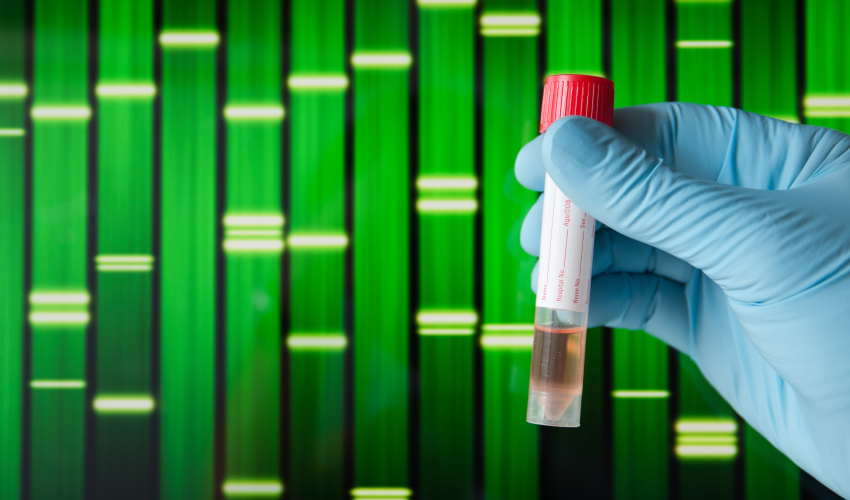
Biological Samples and Free Movement of Goods
THE CIRCULATION OF BIOLOGICAL GOODS SUCH AS BLOOD AND DNA IS GOVERNED BY THE TREATY REGULATING THE FUNCTIONING OF THE EUROPEAN UNION. SO RESTRICTIONS AND PROHIBITIONS IMPOSED BY STATES ON THEIR TRADABILITY SHOULD BE EVALUATED BY THE EUROPEAN COURT OF JUSTICE. BUT ADDITIONAL DEBATE IS NEEDEDby Pietro Sirena and Dario Farace, Dept. of Legal Studies, Bocconi
Translated by Alex Foti
Sixty years ago, the Treaty of Rome established the European Economic Community. Probably Europe's founding fathers, by setting as the Community's foundations the free movement of goods and the free circulation of people, were hoping that after several decades these principles would be strengthened; and this has happened. However, it is equally likely that that they gave no mind to what has become a major issue today: how should the circulation of human biological samples be regulated? Should they be considered personal rights, goods, or something else?
According to a widely accepted definition, biological samples are materials taken from a human being for a particular purpose (for example, diagnostic analysis or scientific research). These could be subcellular components (such as DNA), cells or tissues (such as blood or stem cells), whole organs (such as livers or kidneys), secreted or excreted substances (such as exhaled breath or tears).
Applying the spirit of 1957 to today's situation, one might think that these substances should circulate without constraints: the economic freedoms recognized and guaranteed by the Treaty on the Functioning of the European Union (TFEU) are at the heart of a real constitutional project, which is aimed not only at banning restrictions on intra-EU trade, but also to achieve actual liberalization of the laws and societies of Member States. And among the freedoms that are considered fundamental, since they legally acknowledged and guaranteed by the TFEU, a priority must be accorded to the free movement of goods, which motivates the prohibitions on quantitative restrictions on imports and exports contained in Article 34 and Article 35 of the Treaty.
In essence, according to the so-called home country rule, when a commodity is legally circulating in one state of the EU, no other state may impede its circulation within its borders. Does this principle apply even when it comes to goods which are considered non-tradable in some EU states? It is inevitable that, in the face of human biological matter, there is an instinctive resistance to consider human samples as commodities: precisely because they are biological realities pertaining to the sphere of subjectivity or personality, they seem to badly relate to the objectivity and impersonality of tradable goods. The European Court of Justice has clarified that goods are understood to mean all those material commodities that are of economic value and are likely to be object of an act. Such definition can apply to many kinds of biological samples.
Considering another aspect, the European Commission stated in 1985 that fetuses, embryos or their organic matter are not to be marketed or traded, and thus do not fall within the compass of free movement of goods. To overcome this impasse, the judge could accord a stronger constitutional preeminence to fundamental freedoms, and in particular to the freedom of movement of goods.
At the same time it must be borne in mind that Article 36 allows each Member State to defend before the Court of Justice the limitations to fundamental freedoms that it imposes on the grounds of public morality, public order, public security, and so on.
Without prejudice to international agreements and conventions in this field and the prohibitions that they set forth, it would seem that the principle of free trade should also apply to biological samples, while acknowledging that not all types of sample, however, can be subject to the same kind of circulation. A hair is different from a drop of blood (possibly taken from a subject infected with some disease), and both are different from a gamete (which enables reproduction).
The Court of Justice should be entrusted with the very delicate task of scrutinizing the restrictions imposed by individual Member States on freedom of movement, in order to ascertain whether those restrictions are in fact justified in the light of Article 36 of the TFEU. But the issue is naturally open to wide debate, which should examine not only the legal implications, but all the related moral, ethical and religious aspects of the question.
